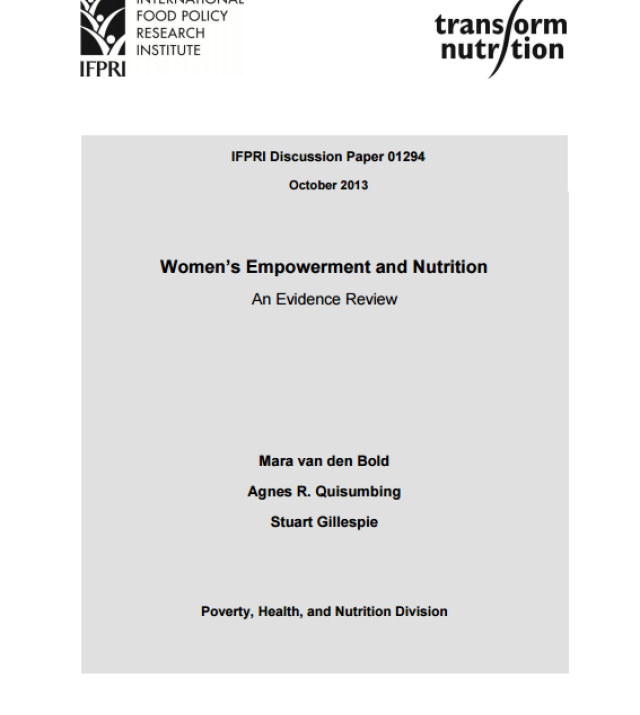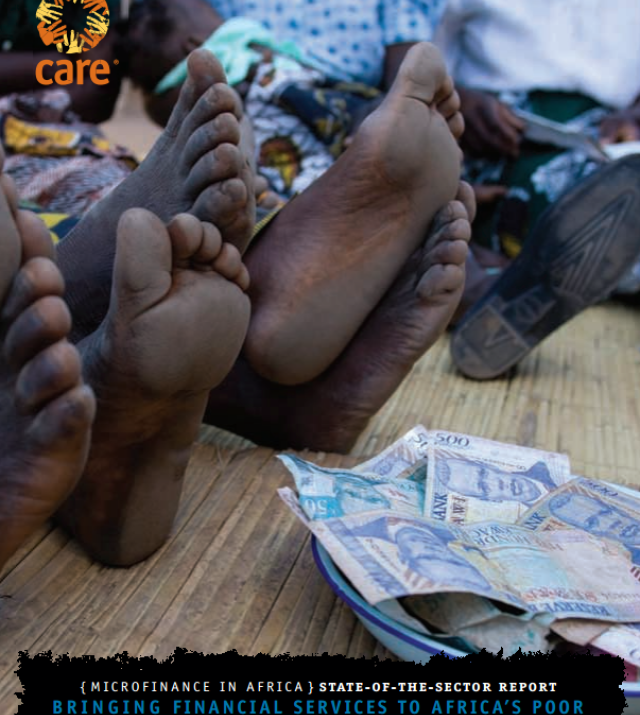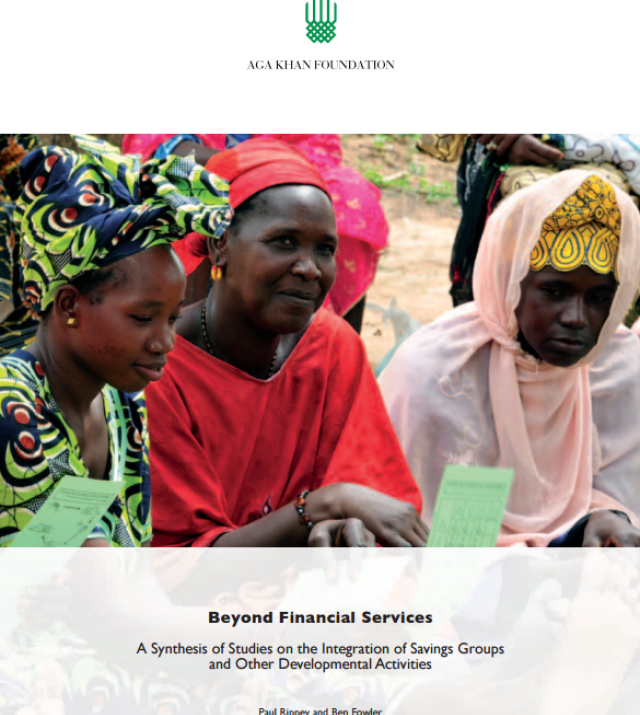
Financial Products in Agriculture
Presenters: Lesley Denyes, Agri-Fin Mobile Program Director, Mercy Corps; Simon Karoki, Country Program Manager SILC Innovations, Catholic Relief Services; Zegeye Bante, Senior Rural Microfinance Advisor, CARE Ethiopia; Moderator: Paul Sommers, Senior Agriculture Technical Consultant, Mercy Corps/TOPS Program
Finance options for marginalized food insecure households are limited. Most have traditionally depended on informal credit usually at very high rates of interest. Recently, peer-lending programs have begun to offer promise as a first step for participation by resource poor households. Village saving and loan type initiatives are spreading fast, though few are specifically designed to address strategic agricultural financing needs, and loan amounts are usually small. Mobile banking and agricultural lending by microfinance institutions are growing in popularity and can offer higher level lending opportunities, but can be more challenging to implement.
This session explored the world of agricultural financing, using examples from village savings and loans, microfinance institutions and mobile technology. The session began by dividing participants into three small groups. Each group participated in a discussion led by one of the panelists. After a 15 minute session, the groups rotated so everyone had the chance to discuss the three topics with each one of the panelists. After the small group discussions, the group came back together and three group panelists continued the discussion with the entire group.
The key exchanges included: 1) Understanding a range of agricultural finance products and how they are currently being implemented in projects, especially mobile technology; 2) Identifying financing options and project resources that can be used to engage food insecure households; 3) Identifying strategy interventions along a crop or livestock cycle where agricultural financing could result in increased income.
The Way Forward: Participants made recommendations in the following areas:
Knowledge Sharing
Need better knowledge sharing around experiences with financial transfer systems in different countries and regions, on working with banks and larger financial products in vulnerable areas, and about how financial products, micro finance and village loan groups function/can best respond in complex social environments, e.g. with corruption and mistrust at the community level.
Better information is needed on potential costs and benefits of different kinds of financial products and services
It’s important to better link the food security/agriculture community and financial services community so that practitioners can exchange knowledge/approaches.
More knowledge needs to be shared on successfully overcoming cultural barriers to use of financial products.
Program Design
Need to position village savings and loans (VSLs) so that they are a fundamental component of food security programs and the economic strengthening continuum. Ensure they are included in resilience strategies.
Program design needs to address increasing access of poor to collateral. Farm assets (like trees, crops, livestock) could be used as collateral to get a loan. This approach is not yet operational in Ethiopia but it could be helpful for farmers.
Microfinance institutions need to be promoted for/within pastoralist communities
Programming should support linkages between irrigation and micro finance.
Programming should also support linkages between financial service approaches, e.g. linking VSL associations to micro-finance institutions (MFIs), or mobile broadbanding and VSLA/mobile wallet or VSLA’s acting as agents. Also it is important to foster linkages not only with financial service providers but also with input and output markets.
Programs should work to further expand into remote and other rural areas through using mobile technologies and other approaches
Processes
Need consensus on standards for beneficiary entry points / promotion for each type of financial product or service in terms of asset ownership, incomes, and skill levels. Also, consensus/ better understanding needed on when it is appropriate for people to move beyond safety-net transfers to one or more of these activities, especially to VSLs.
As financial services approaches take hold, it’s critical to examine customer rights and protections, and ensure transparency in interactions, interventions and programs.
Research and Evidence Base
Researchers should review the positive and negative impacts for various financial products in the pastoralist context.
Reliable impact assessments needed of the impact of different financial products, services and approaches such as VSLA, savings and internal lending communities (SILCs) etc. on household incomes and assets.
Stronger evidence needed for how financial services can impact food security. Increased income doesn’t necessarily mean improved food security and nutrition outcomes.
Capacity Strengthening/Tools
More training and capacity strengthening of program staff and implementers on microfinance is needed, and then onward at the community level.
Tools/approaches are needed to assess the impact of VSLAs / SILCs on household nutrition security
Donor Policy and Practice
Missions need to explore integration of financial products with agriculture in different contexts. The most effective approaches may differ according to the context.
Micro-finance is very under-developed in South Sudan. The rate of urbanization is very high, and migrants are very resource-poor. Need to inject donor funding in the MFI / micro-banking sector.

